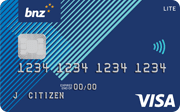
BNZ Lite Visa
Int. Rate Purchases (p.a.)
13.50%
Balance Transfer
-
Annual Account Fee
$5 every 6mos
Interest Free Days
Up to 55 days
22.95%
$500
$1.50 half-yearly
2.25% of the NZ dollar value on every foreign currency transaction.
Apple Pay & Google Pay

Westpac Fee Free Mastercard
Int. Rate Purchases (p.a.)
12.90%
Balance Transfer
5.95%
Annual Account Fee
$0
Interest Free Days
Up to 55 days
19.95%
$500
PayTag, Apple Pay, Google Pay
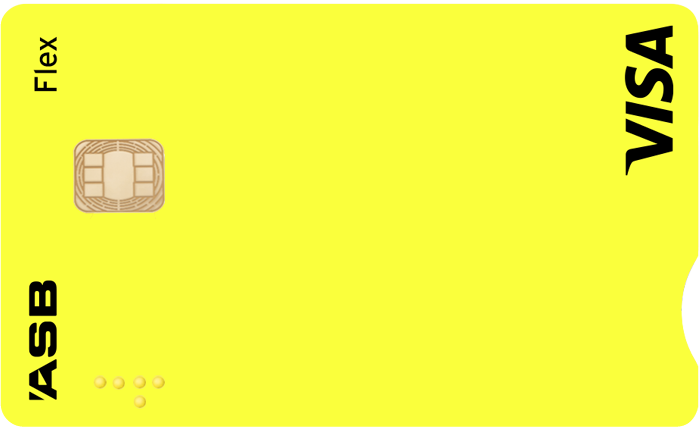
ASB Visa Flex
Int. Rate Purchases (p.a.)
9.95%
Balance Transfer
-
Annual Account Fee
-
Interest Free Days
Up to 55 days
Zero fees - that includes no account fee or foreign currency conversion charges.
9.95%
$500
Apple Pay , Google Pay, Fitbit Pay & Garmin Pay
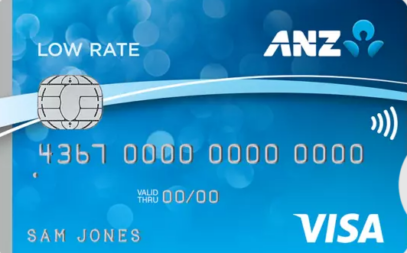
ANZ Low Rate Visa
Int. Rate Purchases (p.a.)
13.90%
Balance Transfer
1.99% p.a. first 2yrs
Annual Account Fee
$0
Interest Free Days
Up to 55 days
With no annual fee you'll save on card fees.
20.95%
$500
$0
1.3% of the NZ $ amount
Apple Pay & Google Pay
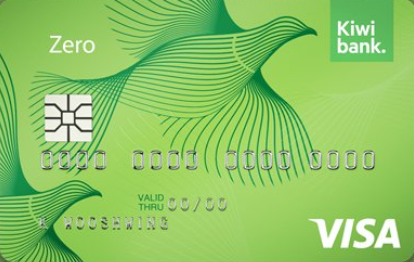
Kiwibank Zero Visa
Int. Rate Purchases (p.a.)
12.90%
Balance Transfer
1.99% p.a. for 6 months
Annual Account Fee
$0
Interest Free Days
Up to 55 days
No account fee for you and any joint or additional cardholders.
12.90%
$500
Free
1.85% of the New Zealand dollar amount once converted.
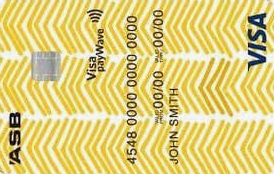
ASB Visa Light
Int. Rate Purchases (p.a.)
13.50%
Balance Transfer
0% for 6 months
Annual Account Fee
$0
Interest Free Days
Up to 55 days
Our Smart Rate purchase feature, currently 0% p.a. fixed interest for six months on any purchase $1,000 or more.
22.95%
$1,000
For overseas transactions made using your ASB Visa card Offshore Service Margins of 2.10% of the New Zealand dollar amount of the transaction are charged.
Apple Pay , Google Pay, Fitbit Pay & Garmin Pay
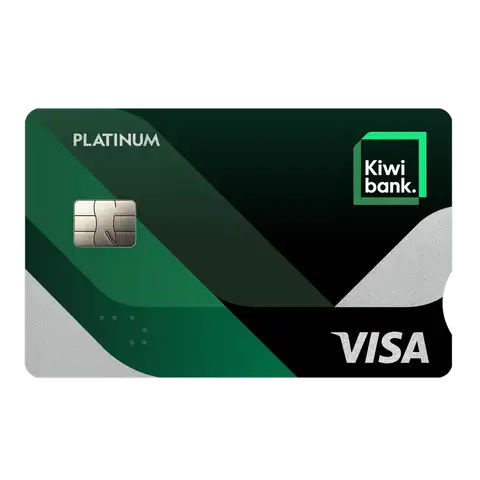
Kiwibank Platinum Visa
Int. Rate Purchases (p.a.)
12.90%
Balance Transfer
1.99% p.a. for 6 months
Annual Account Fee
$25 every 6mos
Interest Free Days
Up to 55 days
Travel Insurance. Eligibility criteria apply.
12.90%
$5,000
$5 per card every six months
1.85% of the New Zealand dollar amount once converted.
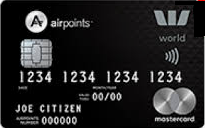
Westpac Airpoints World Mastercard
Int. Rate Purchases (p.a.)
16.95%
Balance Transfer
5.95%
Annual Account Fee
$155 every 6mos
Interest Free Days
Up to 44 days
Earn 1 Airpoints dollar for every $95 spent up to $15,000, then 1 Airpoints dollar for every $190 spent monthly thereafter.
Priority pass lounge | Extended Warranty Insurance up to 12 months | 90 days Purchase Protection
22.95%
$10,000
Up to 120 days
$100 per year ($50 every 6 months)
1.95% of transaction amount
PayTag, Apple Pay, Google Pay
Six monthly account fee of $155 waived if you spend $50,000 or more between your fee charges
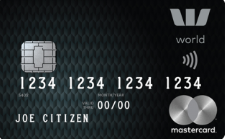
Westpac hotpoints World MasterCard
Int. Rate Purchases (p.a.)
16.95%
Balance Transfer
5.95%
Annual Account Fee
$142.50 every 6mos
Interest Free Days
Up to 44 days
Earn 2 hotpoints for every $1 spent up to $15,000, then 1 hotpoint for every $1 spent monthly thereafter.
Priority pass lounge | Extended Warranty Insurance up to 12 months | 90 days Purchase Protection
22.95%
$10,000
Up to 120 days
Your first joint or additional card is free. Supplementary cards are $100 per year ($50 every 6 months)
1.95% of transaction amount
Six-monthly account fee of $142.50 waived if you spend $50,000 or more between your fee charges.
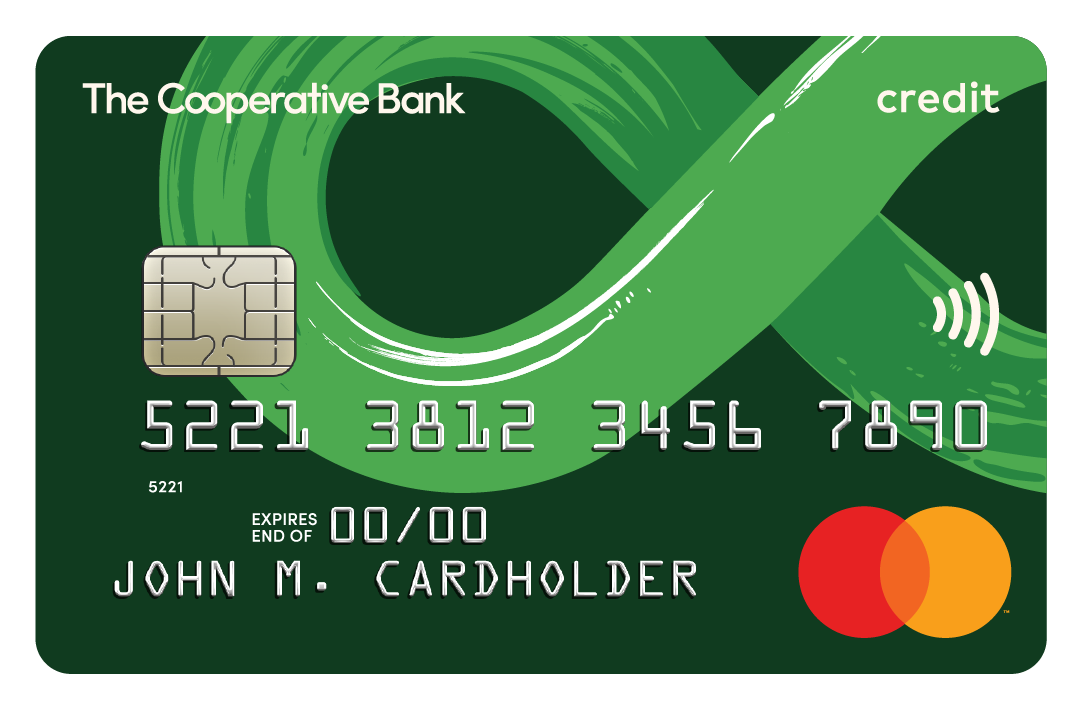
The Cooperative Bank Fair Rate Credit Card
Int. Rate Purchases (p.a.)
12.95% (Floating rate)
Balance Transfer
0% p.a. for 6 months
Annual Account Fee
$10 every 6mos
Interest Free Days
up to 55 days
You can apply for a balance transfer of up to 80% of your credit limit, with a minimum transfer amount of $100.
12.95% (Floating rate)
$1,000
$5 every 6 months
2.1% of the New Zealand dollar converted value of the foreign currency transaction
Mastercard Tap & Go







